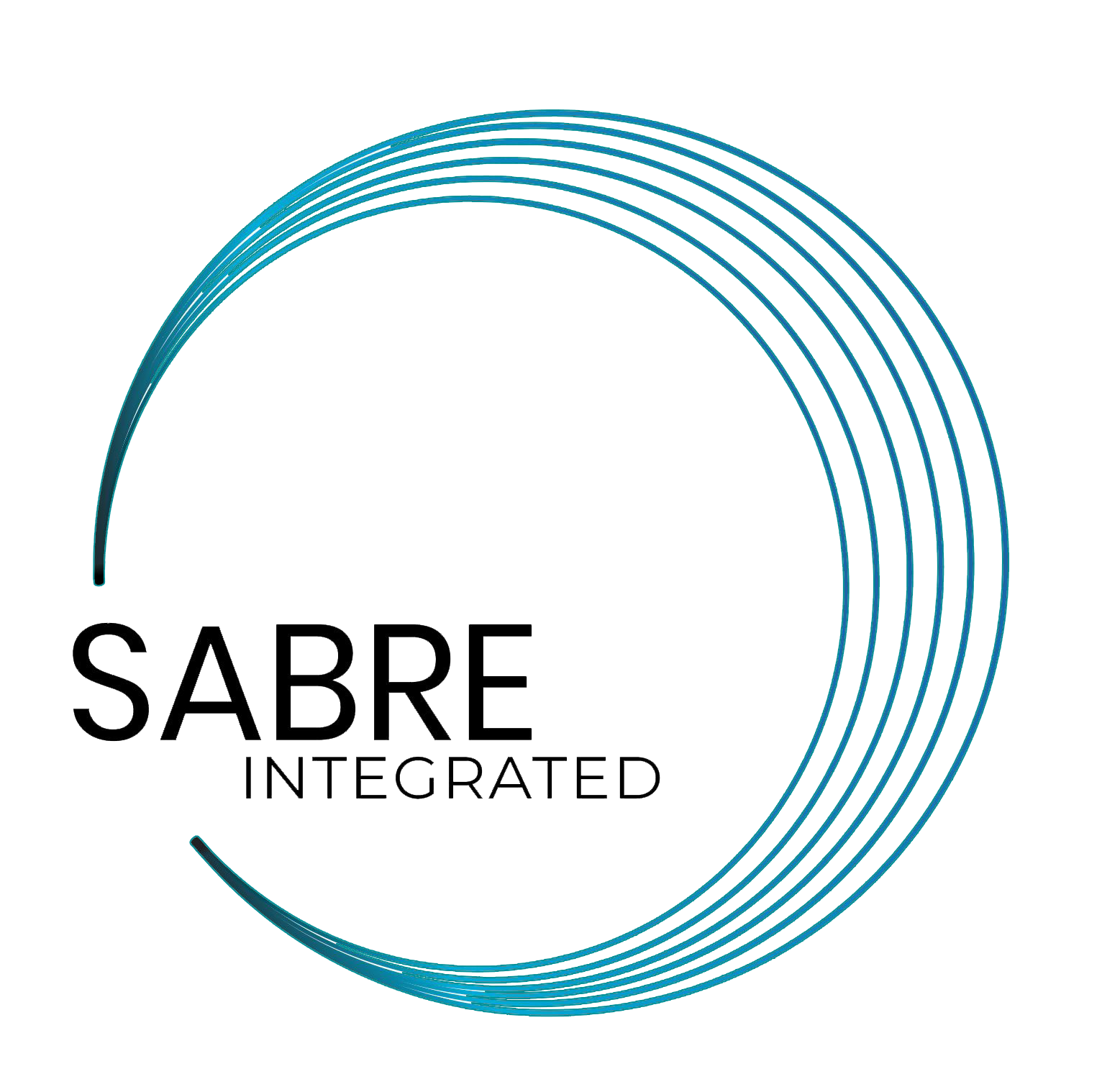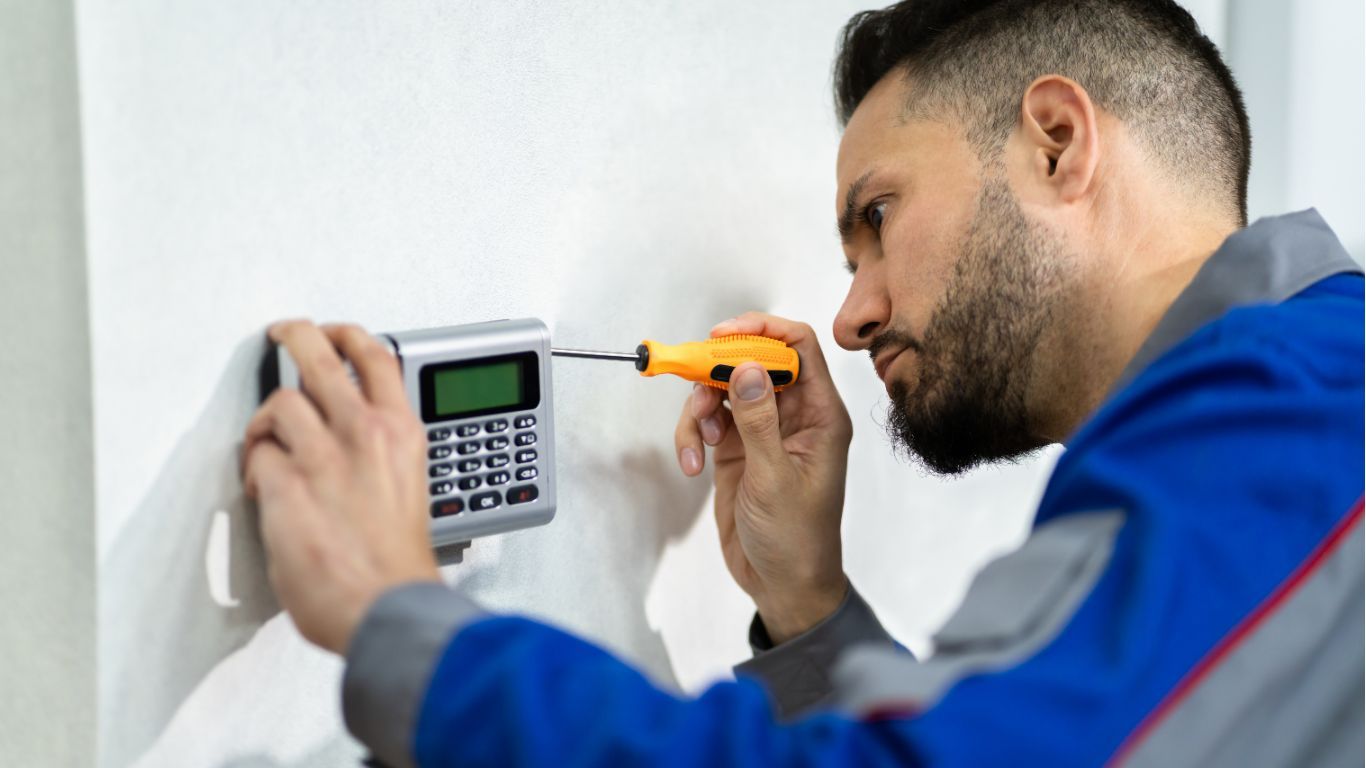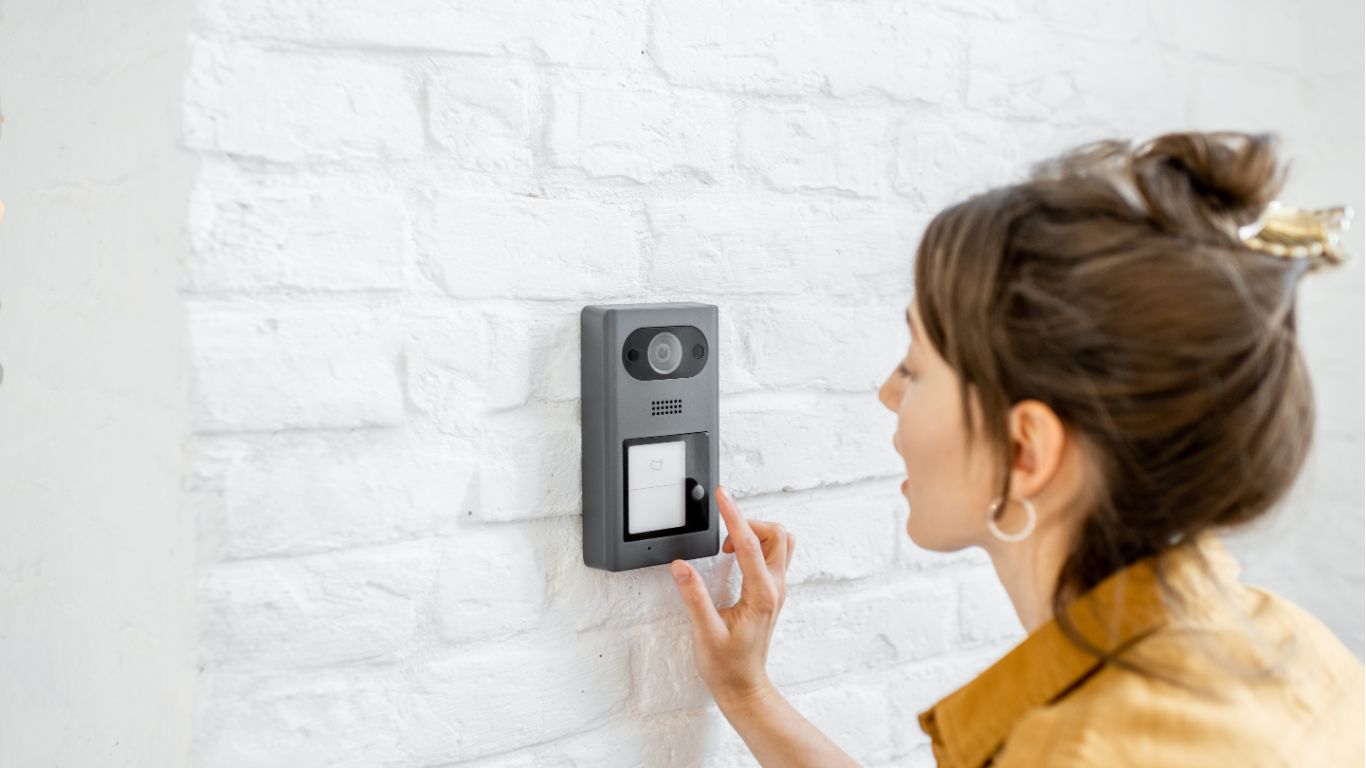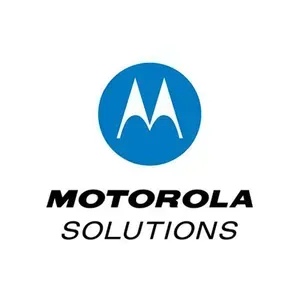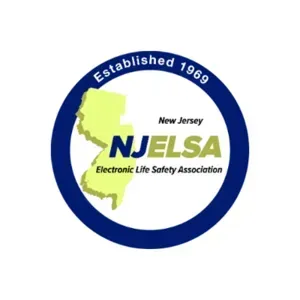How to Diagnose Commercial Alarm System Failures Before They Become a Crisis
Security failures rarely come out of nowhere. In commercial properties, warning signs often emerge days or even weeks before a total alarm system failure — but too often, they’re missed or ignored. What seems like a minor sensor glitch or false alarm can quickly escalate into a full-blown security vulnerability, leaving your building exposed and non-compliant.
Knowing what to look for, and how to respond quickly, is key.
In this article, we’ll walk through the common causes of alarm system failures, how to spot the red flags early, what internal diagnostics property managers can perform, and when to call in professionals. If you're searching for expert-level alarm system repair, especially in NYC, Sabre Integrated is a proven leader that handles complex commercial repairs with zero guesswork.
Let’s get into it.
1. Why Commercial Alarm Systems Fail: Root Causes Explained
Alarm systems are only as reliable as their weakest component. In large commercial settings, a single point of failure can compromise the entire system.
Here are the most common culprits behind system failures:
● Faulty or Misaligned Sensors
Over time, sensors can become dislodged or misaligned due to vibrations, environmental wear, or tampering. This can cause delayed response times or total detection failure.
● Power Supply Issues
Low battery or inconsistent power supply is a leading reason systems go offline. In buildings with fluctuating power usage, surge protection and battery backups are essential.
● Communication Line Breaks
Many commercial alarm systems rely on a network of communication lines. If even one line fails—due to interference, environmental conditions, or wiring issues—the entire system may be unable to transmit alerts.
● Legacy System Compatibility
Many NYC buildings still run on legacy infrastructure. Integrating older tech with newer components can introduce instability, especially when updates or syncing aren’t handled correctly.
● Environmental Exposure
Extreme temperatures, moisture, dust, and vibration all take a toll on alarm components, especially in industrial or high-traffic locations.
Understanding the root causes is the first step. But what’s more important is catching the signs early—before full failure occurs.
To learn more about how these issues are repaired, visit Sabre Integrated's alarm system repair service page.
2. The Hidden Costs of Ignoring Small Alarm System Issues
It’s easy to dismiss a flickering LED, a sporadic beep, or an occasional false alarm—until it snowballs into a critical event.
The true cost of ignoring alarm system malfunctions goes far beyond inconvenience:
● Business Disruption
False alarms can trigger emergency response protocols, evacuations, or panic—causing lost productivity, customer dissatisfaction, and reputational damage.
● Fines & Code Violations
NYC building codes are strict. A non-functioning alarm system in a commercial property can quickly lead to violations, inspections, and significant fines.
● Insurance Implications
If an incident occurs while your system is proven to be malfunctioning, your insurance provider could deny coverage or raise premiums.
● Tenant Complaints
In multi-tenant buildings, security system reliability directly affects tenant satisfaction. Frequent false alarms or dead zones can lead to tenant churn.
An experienced repair provider like Sabre Integrated doesn’t just fix the issue—they diagnose what caused it and how to prevent it from recurring.
3. Top Warning Signs Your Alarm System Is About to Fail
Knowing the early indicators of system failure can save you time, money, and stress.
Here are the key red flags:
1. Repeated False Alarms
If alarms are going off for no reason, sensors could be misfiring or wiring may be faulty. These are often signs of deeper system instability.
2. Silent Alarm Events
An alarm that fails to sound is a clear sign that part of your detection or alert system is disconnected or damaged.
3. Error Messages or Beeping
Control panels showing frequent error codes, or emitting beeps at irregular intervals, usually indicate trouble with connectivity or firmware.
4. Delayed Activation
If there’s a lag between an intrusion and the alarm response, communication lines or programming may be out of sync.
5. Event Log Abnormalities
Modern systems log all activity. If your logs show repeated resets, communication failures, or offline periods, those shouldn’t be ignored.
If you're experiencing any of these, it’s time to schedule a consultation with an expert in alarm system repair. Sabre Integrated can dispatch a technician to diagnose the issue on-site.
4. Proactive Testing & Diagnostics You Can Do In-House
While professional evaluation is always best, there are several internal checks that building managers or security personnel can perform regularly:
● Visual Inspection
Look for disconnected wires, corroded terminals, or dust-covered sensors.
● Manual Sensor Testing
Trigger each sensor manually and ensure the control panel reflects the activity correctly.
● Battery Level Check
Ensure backup batteries are functioning and not past their lifecycle.
● Firmware Status
Check for software version updates or alert logs indicating needed updates.
● Communication Test
Trigger a test alert to see if monitoring centers receive the signal in a timely manner.
Setting a recurring maintenance calendar helps catch small problems early—before they evolve into full system failures.
That said, self-checks have their limits. If your system is showing consistent issues, Sabre Integrated offers complete system performance reviews.
5. When to Call the Pros: Issues That Require Expert Repair
Here’s when you should bring in certified alarm technicians:
● Whole-System Malfunctions
If multiple zones or devices are failing at once, it's likely a core infrastructure issue.
● Hybrid or Integrated Systems
Alarm systems connected to access control, intercoms, or surveillance require specialized diagnostic tools.
● Recurring Power or Signal Loss
If your system continually loses power or drops connection to monitoring services, the cause is likely in the wiring or programming—not a simple hardware issue.
● Reprogramming or Code Compliance
Commercial systems in NYC must meet strict compliance. Any repair involving code updates, data logs, or system syncing is best handled by experienced technicians.
Sabre Integrated specializes in resolving complex alarm issues quickly—often in a single visit.
6. How Sabre Integrated Approaches Alarm System Repair Differently
Not all repair services are equal. Here’s how Sabre Integrated stands out:
● Root-Cause Analysis
Instead of swapping parts and hoping for the best, Sabre technicians are trained to trace and identify the original fault. That means fewer repeat issues and better performance post-repair.
● NYC-Specific Experience
With over 20 years of experience in New York City, Sabre knows the unique challenges posed by high-rise buildings, mixed-use properties, and regulatory compliance.
● Multi-System Integration Expertise
Many businesses operate layered systems—access control, surveillance, intercoms, and alarms. Sabre has dedicated technicians who specialize in integration diagnostics.
● Performance Review After Repair
Every repair includes a full performance test, a compliance check, and optimization recommendations.
Learn more about Sabre Integrated’s alarm system repair approach and why they’re the trusted provider for hundreds of NYC businesses.
7. Case Study Snapshot: Fast Repair, Zero Downtime
Client: Multi-tenant office building in Midtown Manhattan
Issue: Tenants reported frequent false alarms and silent disarm events
Initial Diagnosis: Intermittent sensor signals and outdated firmware
Sabre Response:
- On-site in under 24 hours
- Replaced malfunctioning door sensors
- Reprogrammed control panel with updated firmware
- Performed full system sync across connected access control points
Outcome: Zero false alarms reported in 90 days. System uptime returned to 100%. Tenant complaints dropped entirely.
This is what Sabre Integrated means by rapid, reliable, and zero-guesswork service.
8. Bonus: Tips to Prevent Alarm System Issues Going Forward
Maintaining a reliable commercial alarm system requires ongoing attention. Here are Sabre’s top prevention strategies:
✅ Keep Firmware Updated
Many system malfunctions stem from outdated software. Check for updates quarterly.
✅ Schedule Annual Inspections
Even if your system seems fine, annual reviews can detect degrading performance before failure occurs.
✅ Keep Sensors Clean and Obstruction-Free
Dirt, dust, or physical obstructions can interfere with motion sensors or contact points.
✅ Document Every Incident
Keep a maintenance log of all alarms, errors, and service calls. This helps in diagnosing patterns and planning upgrades.
✅ Partner With a Reliable Repair Provider
Having a go-to team on call ensures issues get resolved fast. Sabre Integrated offers scheduled service plans and on-demand repairs across all NYC boroughs.
Conclusion: Stay Ahead of Alarm System Breakdowns
A failing alarm system doesn’t just risk your security—it puts your tenants, staff, and business reputation at risk. But with early detection and a proactive approach, most failures are entirely preventable.
Whether you’re managing a high-rise, retail space, or industrial facility, knowing the warning signs—and who to call—makes all the difference.
If your alarm system is showing signs of trouble, don’t wait for a crisis.
👉 Schedule a consultation with Sabre Integrated today and get fast, expert help to keep your system compliant, reliable, and fully functional.
SHARE POST:
Clifford F Franklin
FOUNDER & CEO SABRE INTEGRATED SECURITY SYSTEMS, LLC
Clifford F Franklin has more than 40 years of experience in the security industry.
Leave A Comment
Recent Posts
